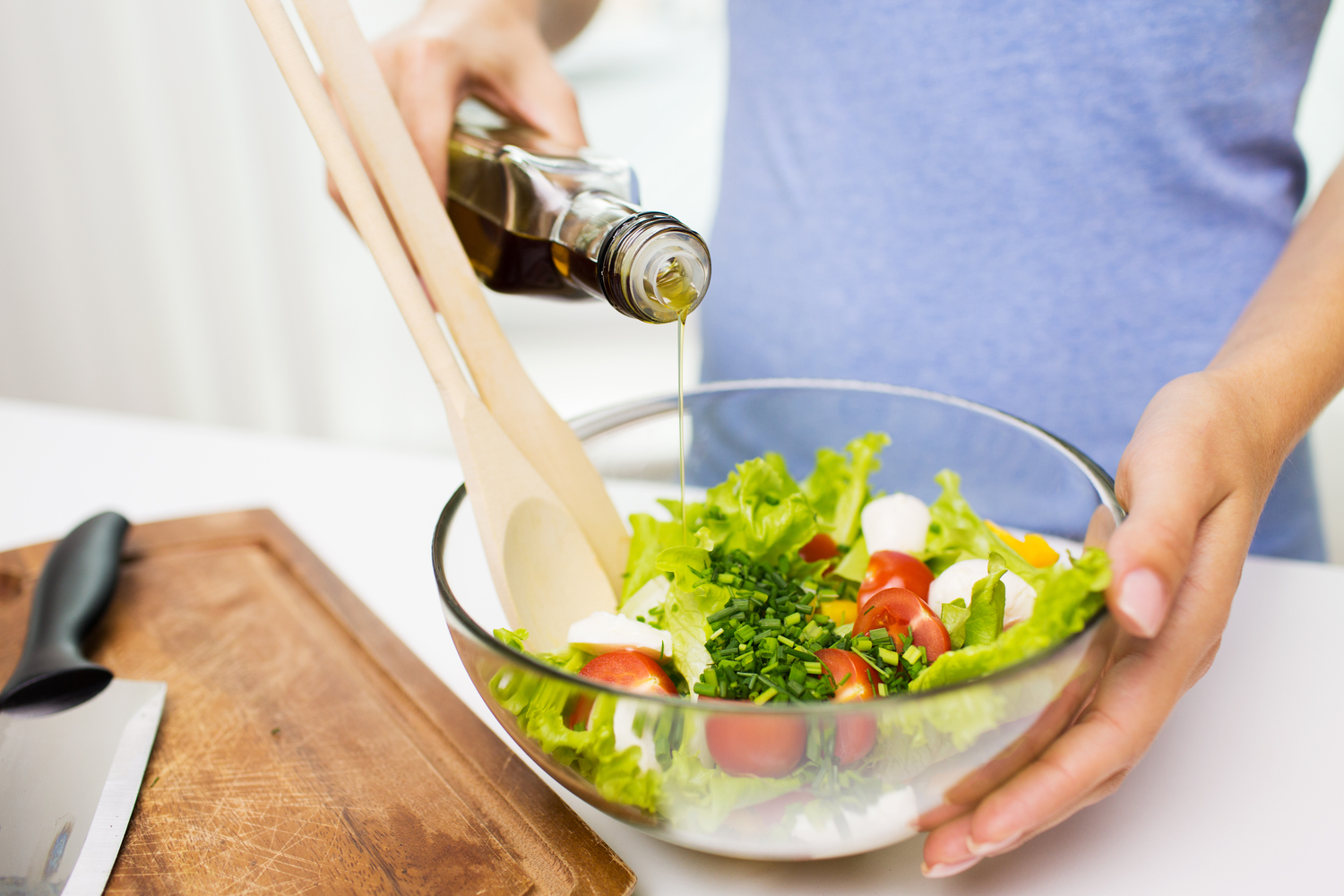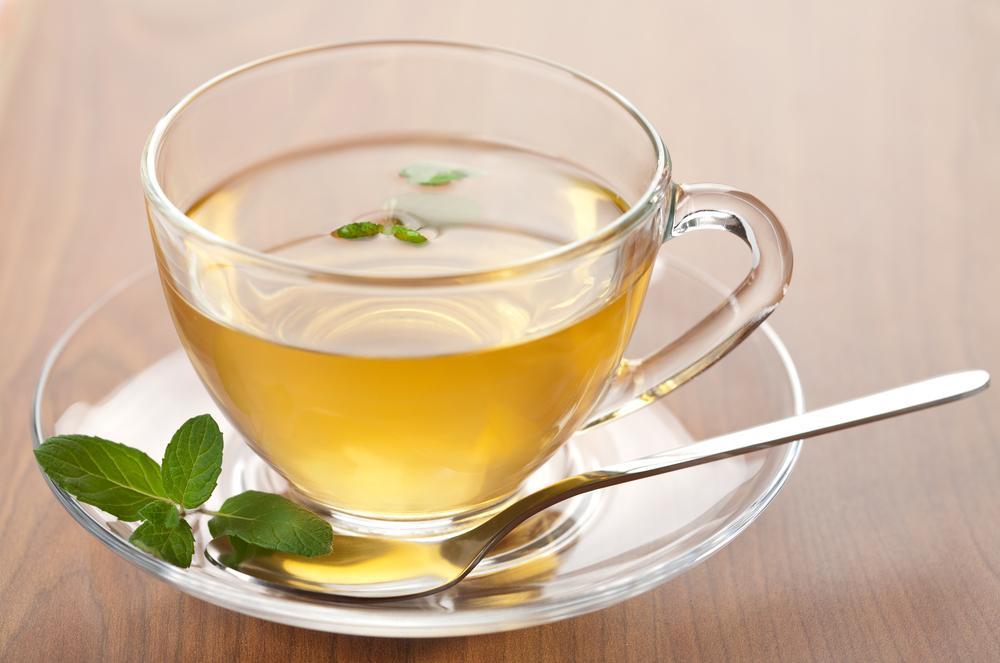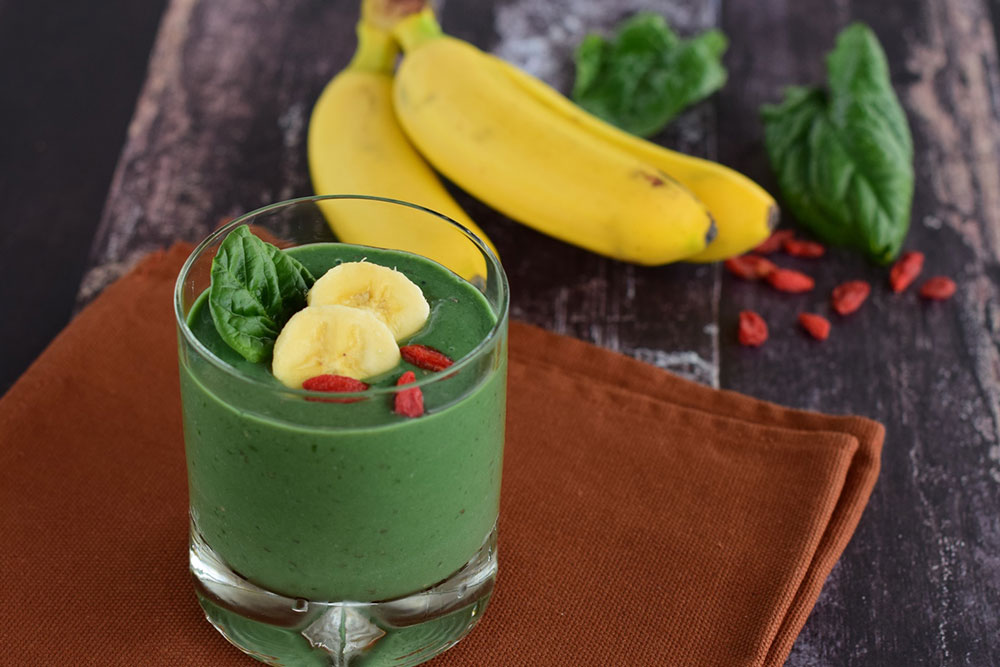Effective Dietary Tips for Managing Gout
Learn essential dietary strategies to manage and prevent gout. This guide highlights foods to include, such as berries and healthy fats, and those to avoid, like processed foods and alcohol. Proper diet combined with medical advice can significantly reduce gout symptoms and improve joint health.
Sponsored

Managing Gout Through Diet: Essential Do's and Don'ts
If you're experiencing gout, you understand how excruciating it can be. Gout, a form of arthritis, affects joints, especially in fingers, toes, and the big toe. It often results from diets rich in purine-heavy foods such as red meats, certain grains, and legumes. When the body struggles to eliminate uric acid efficiently, it leads to crystal formation in joints, causing gout.
Gout is a persistent condition characterized by joint swelling caused by uric acid buildup, leading to inflammatory arthritis. Excess uric acid in the bloodstream forms crystals that deposit in joints, triggering pain and inflammation.
The initial symptom of gout often manifests as sharp pain and swelling in the big toe, especially during nighttime. Redness and tenderness are common. Normally, uric acid is excreted through urine, but when this process is impaired, crystals develop, leading to gout.
Can diet alone cure gout? While it may not completely eliminate the condition, a proper diet combined with medication can significantly alleviate symptoms and prevent flare-ups. Knowing which foods to include or avoid is crucial for effective management.
Incorporating specific foods into your daily routine can help improve gout symptoms. Below are some dietary recommendations:
Healthy Food Choices
Rich in antioxidants, berries like cherries and strawberries are highly recommended. Starting your day with these fruits along with low-fat dairy and cereals can be beneficial. Cherries contain compounds like bioflavonoids and anthocyanins that inhibit enzymes involved in inflammation, providing relief from pain. Low-fat dairy products have also been linked to reduced gout risk.
Healthy Fats
Consume healthy fats found in olive oil, coconut oil, avocados, and nuts such as walnuts and pecans. These fats assist in regulating insulin and leptin levels. Omega-3-rich oils, like those from krill or flaxseeds, are especially effective against gout inflammation.
Foods High in Potassium
Increase intake of potassium-rich foods such as green vegetables, lima beans, and broccoli. Potassium helps neutralize uric acid, thus reducing gout attacks.
Foods to Avoid
Limit foods containing high-fructose corn syrup, which elevates uric acid levels and contributes to gout. These include processed snacks, sodas, and sweetened cereals.
Steer clear of seafood like fish, shellfish, and shrimp, as they are high in purines and can worsen gout symptoms.
Alcohol intake should be reduced or eliminated, as it increases uric acid production and promotes crystal formation, aggravating gout.
By adjusting your diet accordingly and adopting a healthier lifestyle, you can effectively manage or prevent gout attacks. If symptoms persist despite dietary changes, consulting a healthcare professional is recommended.






